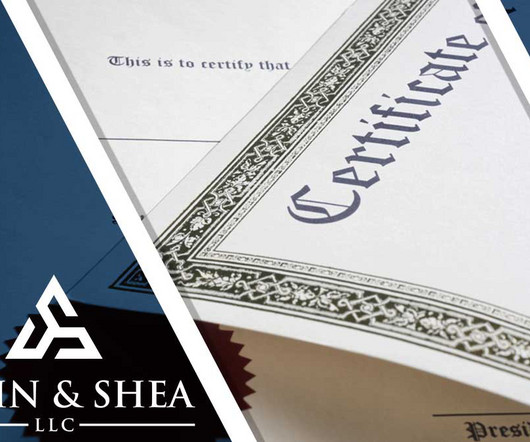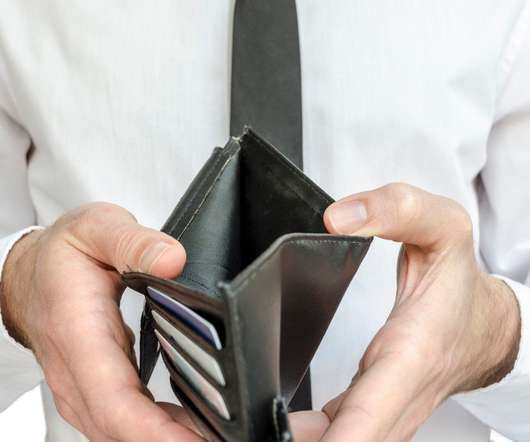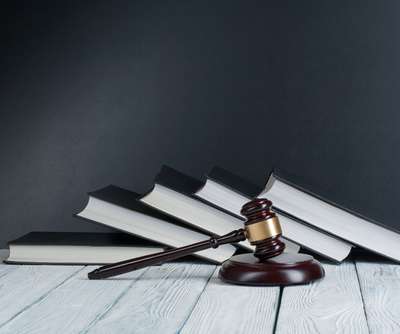Will a Bankruptcy Trustee Contact My Employer?
Sawin & Shea
NOVEMBER 15, 2022
Public or government employers may not. Additionally, your employer may find out about your bankruptcy if creditors garnished your wages before you filed. Creditors can garnish your wages if you fail to make payments. Your payroll department will then be notified that your wages will no longer be garnished.
























Let's personalize your content